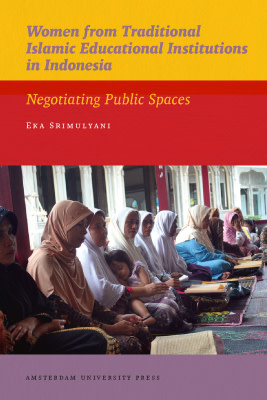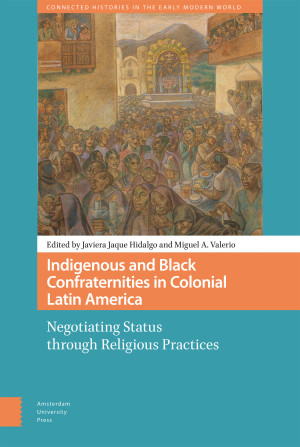Introduction: Negotiating Status through Confraternal Practices (Javiera Jaque Hidalgo and Miguel A. Valeri)
Part I Indigenous and Black Confraternities in New Spain
1 Religious Autonomy and Local Religion among Indigenous Confraternities in Colonial Mexico, Sixteenth Seventeenth Centuries (Laura Dierksmeier)
2 Confraternities of People of African Descent in Seventeenth-Century Mexico City (Cristina Verónica Masferrer León)
3 "Of All Type of Calidad or Color": Black Confraternities in a Multiethnic Mexican Parish, 1640-1750 (Krystle Farman Sweda)
Part II Indigenous and Black Confraternities in Peru
4 Confraternal "Collections": Black and Indigenous Cofradías and the Curation of Religious Life in Colonial Lima (Ximena Gómez)
5 "Of Greater Dignity than the Negros": Language and In-Group Distinctions within Early Afro-Peruvian Cofradías (Karen B. Graubart)
6 African-Descent Women and the Limits of Confraternal Devotion in Colonial Lima, Peru (Tamara J. Walker)
7 Glaciers, the Colonial Archive and the Brotherhood of the Lord of Quyllur Rit’i (Angelica Serna Jeri)
Part III Indigenous Confraternities in the Southern Cone
8 Immigrants’ Devotions: The Incorporation of Andean Amerindians in Santiago de Chile’s Confraternities in the Seventeenth Century (Jaime Valenzuela Márquez)
9 The Marian Cult as a Resistance Strategy: The Territorialized Construction of Devotions in the Province of Potosí, Charcas, in the Eighteenth Century (Candela De Luca)
10 Between Excess and Pleasure: The Religious Festivals of the Indigenous People of Jujuy, Seventeenth-Nineteenth Centuries (Enrique Normando Cruz and Grit Kirstin Koeltzsch)
Part IV Black Brotherhoods in Brazil
11 Black Brotherhoods in Colonial Brazil: Devotion and Solidarity (Célia Maia Borges)
12 Cultural Resistance and Afro-Catholicism in Colonial Brazil (Marina de Mello e Souza)
13 "Much to See and Admire": Festivals, Parades, and Royal Pageantry among Afro-Bahian Brotherhoods in the Eighteenth Century (Lucilene Reginaldo)
Afterword: Indigenous and Black Confraternities in Colonial Latin America (Nicole von Germeten)
Bibliography
Contributors
Acknowledgements
Index

